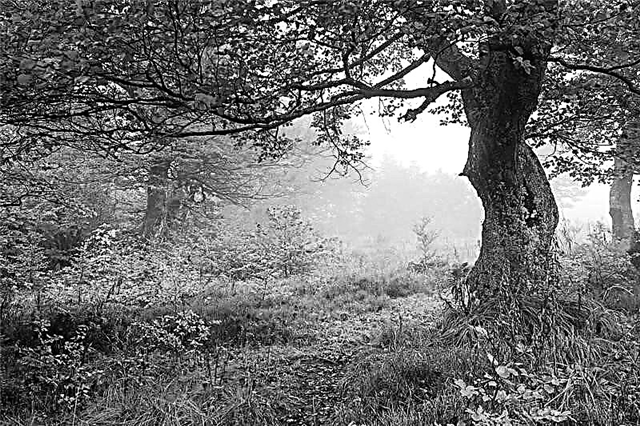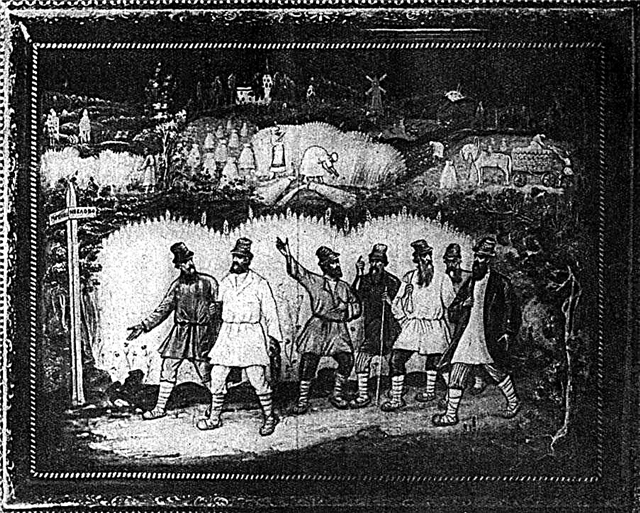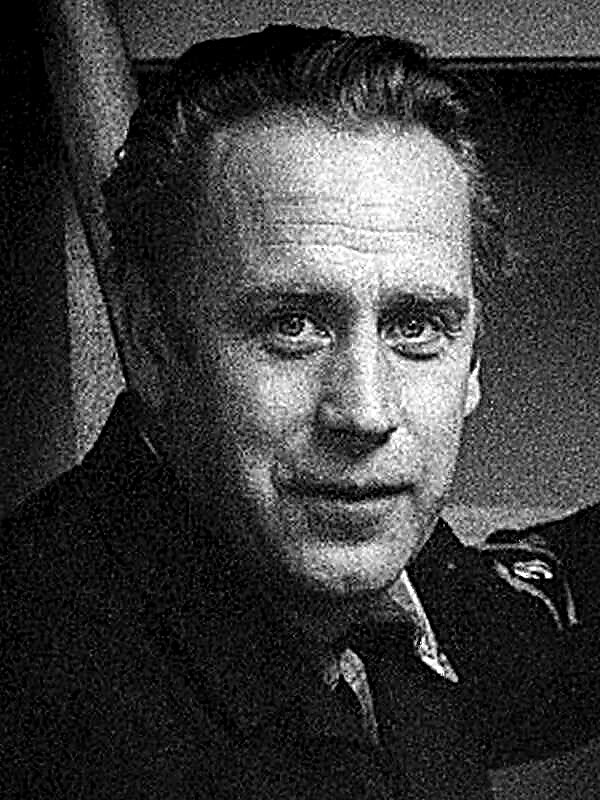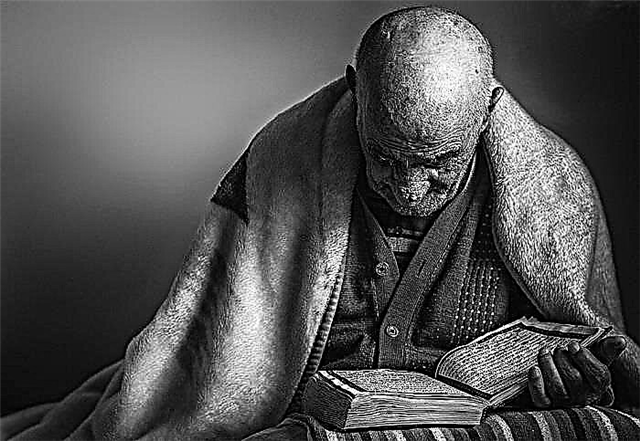“Student” is one of A.P.’s favorite stories. Chekhov. The author found him life-affirming and positive. Is it really?
History of creation
A. Chekhov is known to have complained of a lack of childhood in his life. From a young age, he had to work in his father's shop, as well as sing in a church choir. The last fact of the biography is reflected in several texts of the writer, including in the story “Student”.
The first publication of this essay took place in 1894 in the newspaper "Russian News". Presumably the story was written in Yalta, while working on the book Sakhalin Island. In the first edition, the work had the title “In the Evening,” and the author also made some clarifications to the text: about Vasilisa’s tears, about truth and beauty on earth.
Genre, direction
Undoubtedly, “Student” is a story, but this difficult work is connected with other genres. The text is close to the genres of parable and sermon. This is evidenced not only by biblical references, but also by the narrative itself: since Ivan the Great through his appeal to the Holy Scriptures and fellowship with two widows gains hope and enlightenment.
“Student” is not the only work in Chekhov’s work devoted to spiritual search. Religious themes are present in stories such as the Holy Night, The Holy Mountains, and The Bishop. In Russian literature, this direction was developed by L.N. Tolstoy (“Father Sergius”), L. Andreev (“Bargamot and Garaska”, “Angel”), I. Bunin (“Clean Monday”).
Composition
The composition of the “Student” is linear, the narrative moves smoothly from the exposition to the denouement. The main dynamics of the text is the young man’s journey home. This movement is very symbolic, it is filled not only with physical work, but also with spiritual one.
The story begins with a description of nature. A joyful spring mood is replaced by longing and anxiety caused by a cold wind. Student Ivan the Great, returning home, notices a bonfire. This is where the action begins. The climax is the moment of spiritual enlightenment of the protagonist, when Vasilisa cried. This episode absolutely changes the state and mood of the character, after which Ivan with completely different thoughts goes home.
Essence
On a cold good Friday night, Ivan the Great returns home after hunting for woodcocks. He is full of sad thoughts and does not see any perspective in his life. When a student approaches the widowed gardens, he notices a fire and the hostesses themselves - Vasilisa and her daughter Lukeryu.
Ivan tells women the story of Peter, known to all from the Bible. This narrative resonates with the listeners. Continuing his journey, the student reflects on their reaction. The protagonist understands that all events in history are interconnected. This conclusion inspires Ivan, fills his life with meaning.
The main characters and their characteristics
The main character of the work is Ivan Velikopolsky, a student at the Theological Academy. The young man comes from the spiritual estate - the son of a deacon - which speaks of the poverty of his family. He does not have to hope for a change for the better, because he falls into despair. Before talking with the widows, it is difficult to say that Ivan is happy to devote himself to a righteous life and service to God. Lent, which is especially strict during Holy Week, for a poor student is just an excuse for starvation associated with the financial situation of the family. The Bible becomes a text for a young man, which he should know well and be able to interpret.
The heroine’s listeners, Lukerya and Vasilisa, are simple poorly educated women. It would seem that they understand in a difficult text of the Gospel? But it is their emotional reaction to the biblical story that makes Ivan take a different look at the world.
Topics
- Historical memory. The connection of times is one of the key themes of the story. The persistence of narration is a property of biblical texts. “Student” is not without such a characteristic. A sense of historical memory allows the main character to feel unity with Christ. Ivan, as it were, becomes involved in the events of Holy Week.
- Religion. Ivan Velikopolsky was born and raised in a religious family. He knows the Holy Scripture very well and is well acquainted with all Orthodox rites. Another question is how such religiosity affects a young man? After all, on Good Friday he does not pray in the temple, but goes hunting.
- Vera. Thanks to Vasilisa’s tears, the story of Peter for the student becomes more than just a beautiful story. She becomes as much a reality as talking with women around a campfire. The “sweet expectation of happiness” testifies to the acquisition of the truth of faith, which for Ivan is much more important than religiosity.
Problems
The text reveals several related issues. For example, the problem of poverty. It is presented in two guises. Firstly, material poverty. The Greater Poland family is happy to have a Good Friday in the church, but the need prevents it. Father is sick, mother has to run the farm alone, obviously hunting for Ivan is also more than entertainment. Secondly, cowardice. It directs the reader to another problem - despair. Ivan loses hope for the best, does not want to return home. If such a devastation has existed since the time of Rurik, then what can change life now?
The Gospel Peter, too, begins to seem like a coward, but still the student does not want to believe it. The word "woke up" indicates a delusion, an obsession that preceded the events described. Thus, the problems of the story are rich in ambiguous and sharp questions about the meaning and value of being.
The main idea
The story teaches to believe and hope for salvation. Chekhov's idea was for the reader to gain enlightenment through his text in the same way as Ivan the Great through the biblical story of Peter.
The meaning of the work is that a person can always find happiness, even if he is on the verge of poverty, and diseases, cold and ignorance reign around. The author breaks off the story of Peter on a tragic note, thereby forcing the reader to recall the joyful ending of this biblical episode. Until recently, the hero did not believe that Easter was coming soon, and now life seems to him "delightful, wonderful and full of high meaning."


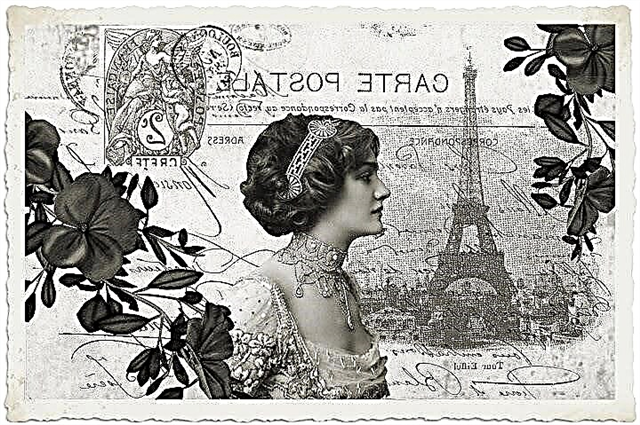
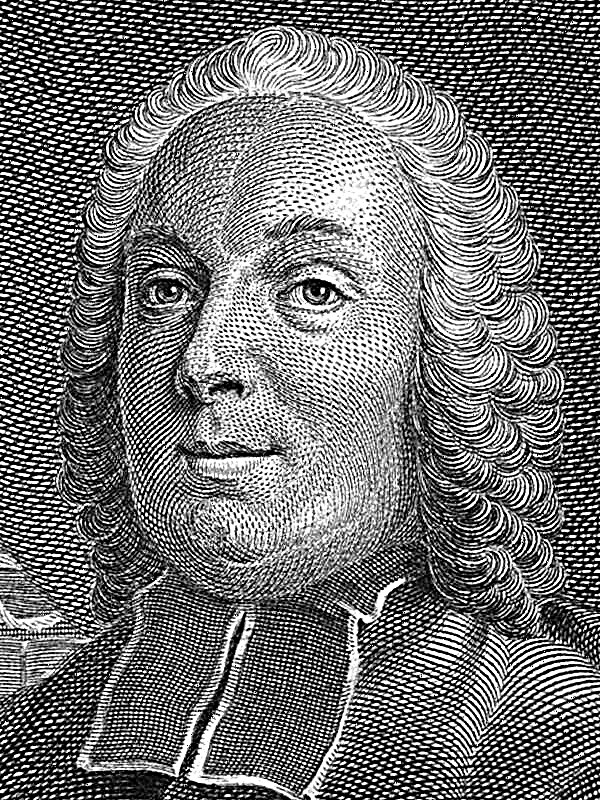

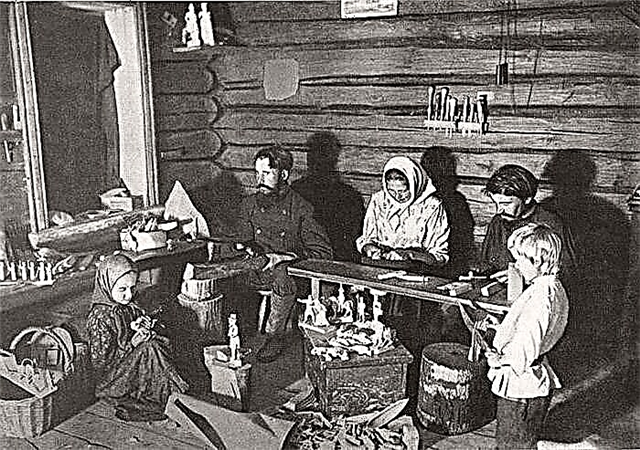
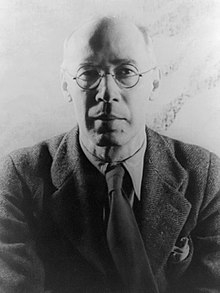
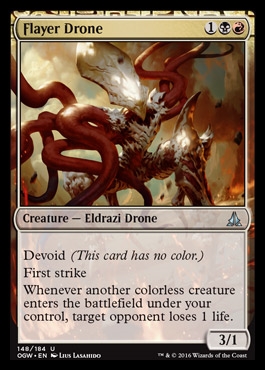
 What great companies do
What great companies do